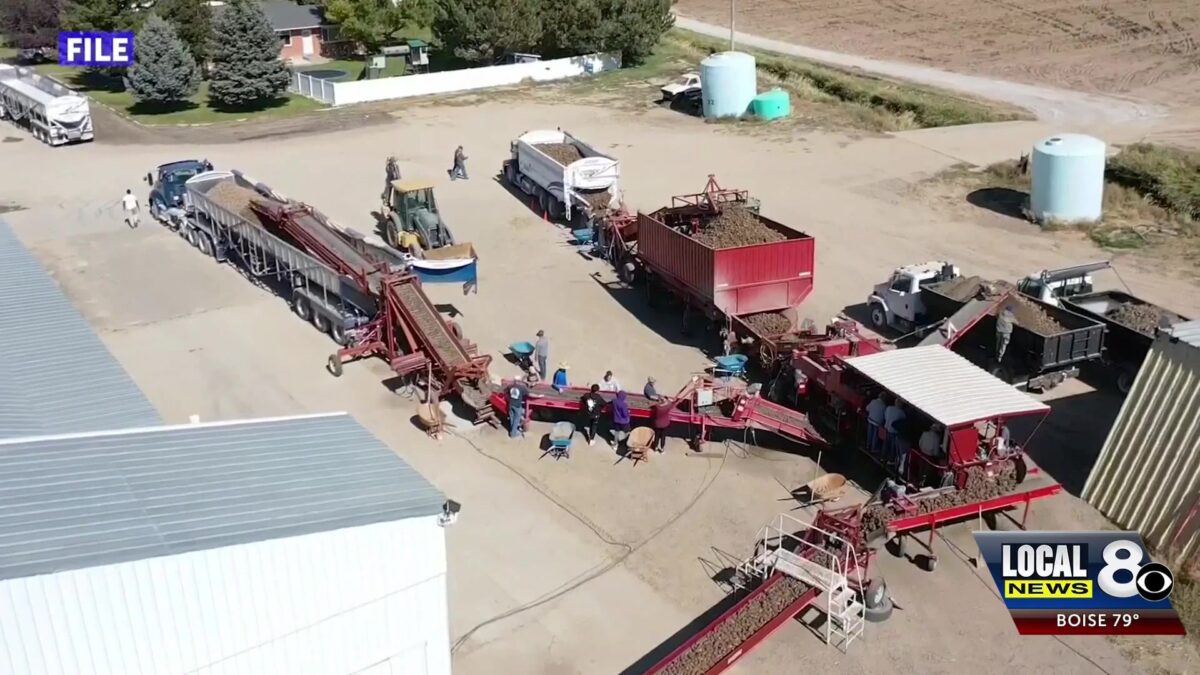Great harvest, tight wallets: Why Idaho farmers are still struggling

Maile Sipraseuth
IDAHO FALLS, Idaho (KIFI) — Despite a great harvest for Idaho’s agriculture industry, many farmers are struggling to make ends meet. In a stark paradox, farm income in Idaho was down substantially last year, even as the industry harvests more crops than ever.
The question is, how can a successful season still lead to financial hardship, and what can farmers do about it?
According to a USDA report released last month, the total value of agricultural production in Idaho in 2024 was $12.6 billion, a 3% increase from the previous year. Sean Ellis of the Idaho Farm Bureau Federation says while 2025 looks to be a good year for yield as well, expenses are not going down.
Intermediate farm production expenses in Idaho totaled $7.2 billion in 2024, according to the USDA report, a significant 6% jump from 2023.
“The problem is the commodity prices are so low that even with the great yields, it’s still a struggle,” says Alan Clark, owner and manager of Clark Farms. “You know, you’re just barely able to make payments and things like that.”
Ellis breaks down the long and rising list of expenses facing farmers today: “Labor costs are never going to go down. And fertilizers, fuel, electricity, the cost of irrigation, just general inflation—it all adds up,” Ellis explains.
Both industry leaders and farmers agree that action is needed. For Ellis, the primary fix lies in federal policy, specifically an updated Farm Bill.
“Passing a new Farm Bill [could help],” Ellis said. “Our current Farm Bill, I believe, is seven years old. You’re supposed to have a new one roughly every five years. The current one is way outdated. So updating it, which does provide a minimum safety net for agriculture, would be a great start.”
He noted that recent legislation has offered some relief, but it is not a comprehensive solution. “If you remember that one big beautiful bill that was passed a month or so ago, there were a lot of wins for agriculture in that, but it’s not a substitute for a new Farm Bill,” Ellis explained.
On the other side, the idea of government assistance is viewed with mixed feelings. Clark acknowledges the need for a new solution but is wary of overreach:
“I think there can be government fixes, but I hate to see the government put their fingers in too many things because you don’t know where it’s going to go from that,” Clark stated.